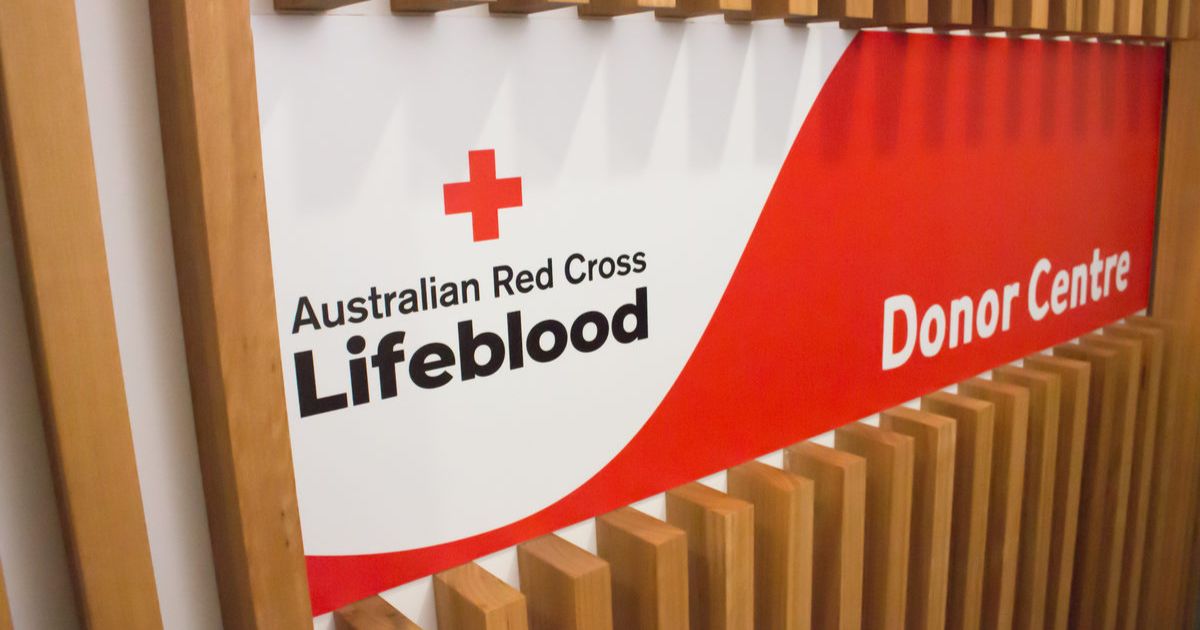Food system strategy needed to feed growing population, inquiry says

Victoria is the largest sheep meat producing state in Australia, contributing almost 50 per cent of the sheep meat produced across the country. Photos: FACEBOOK/AGRICULTURE VICTORIA
A PARLIAMENTARY inquiry has called on the state government to develop a whole-of-government food system strategy to secure the state’s food supply into the future.
The committee’s final report, tabled in parliament last week, found there has been no critical assessment into the state’s ability to produce the food required to feed its growing population, which is forecast to surpass 10 million by 2051.
Meanwhile, Victoria’s agricultural sector is facing several points of vulnerability including climate change, the loss of land to development and centralised supply chains.
Yet nationally, Victoria accounts for almost 65 per cent of Australia’s milk production, almost 80 per cent of the country’s dried grape production and is the largest sheep meat producing state.
The critical importance of the “peri-urban” regions surrounding Geelong, Ballarat and Bendigo, which produce a significant proportion of the state’s fruit and vegetables, in Victoria’s food system was also highlighted by the inquiry.
While demand for the fresh fruit and vegetables grown by Victorian farmers is only increasing, the state’s agricultural industry remains largely export-oriented and most of the food grown in Victoria is sold overseas.
Committee chair and Wendouree MP Juliana Addison said securing the state’s food supply was an existential issue for Victoria now and into the future, and a comprehensive policy approach was needed.

She said the challenge of feeding and housing Victoria’s expanding community is placing agriculture under pressure, and the sector needs to be better supported with policies that recognise “farmers are at the heart of our food system” and “healthy food is foundational to the wellbeing of Victorians”.
Key elements to the proposed strategy include identifying major food producing regions to support targeted investment, tailoring the Victorian planning framework to protect farmland across the state from inappropriate development and viewing a broader range of policy issues, such as housing, through a food security lens.
“Victoria must consider how it will feed its growing population into the future and the reform needed to increase the resilience of our food system,” the report reads.
“We cannot continue to take our food supply for granted.
“The pandemic exposed many vulnerabilities with our food system, particularly its supply chains. Further challenges arise from the expanding footprint of our cities, our transition to renewable energy and the changing climate.
“Meeting these challenges will require a more diverse food system, more localised and regional food supply and leveraging the opportunities arising from our larger urban footprint.”
Stating that “strong leadership” will be required to develop and guide the implementation of a Victorian food system strategy, the inquiry has also recommended a new Minister for Food and a Victorian food system council be established to “champion” the food system and advocate for that food system to be factored into all decision-making.


















